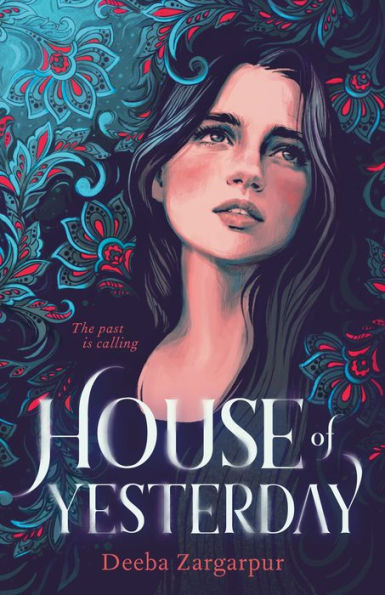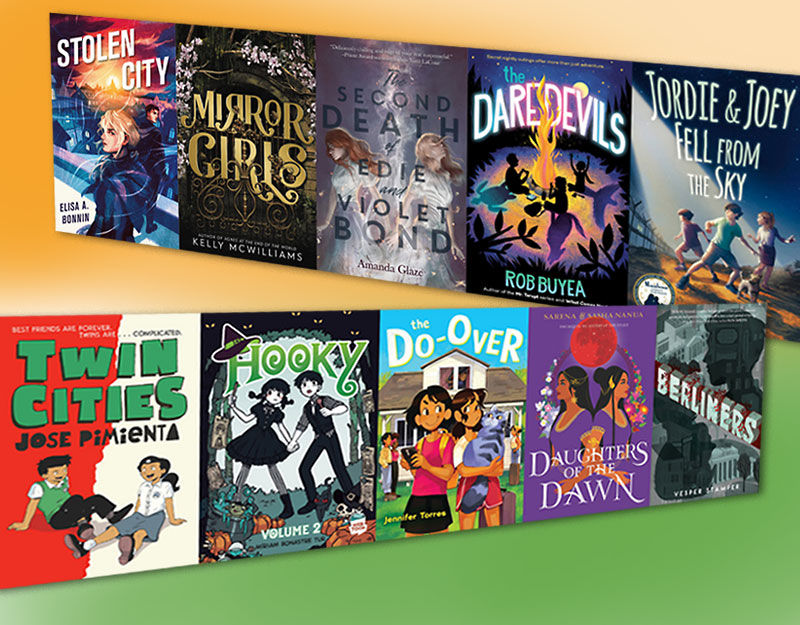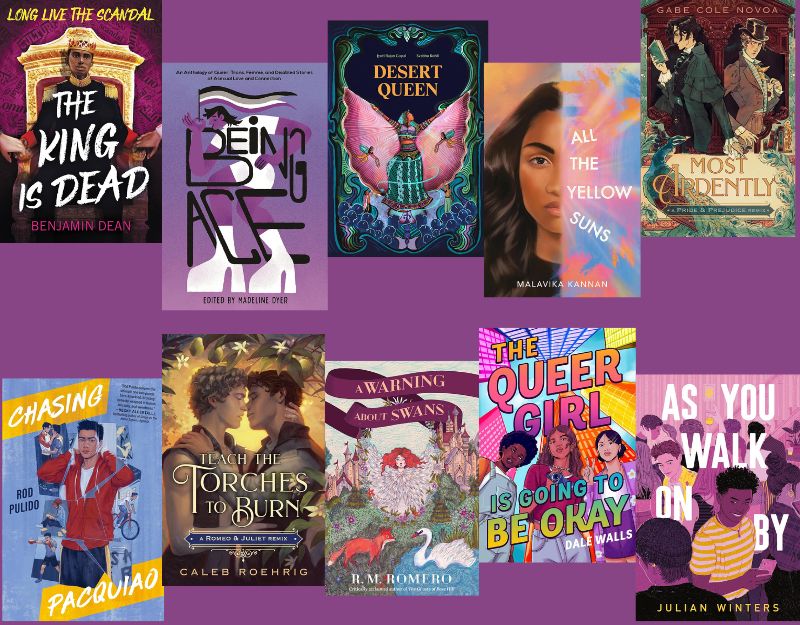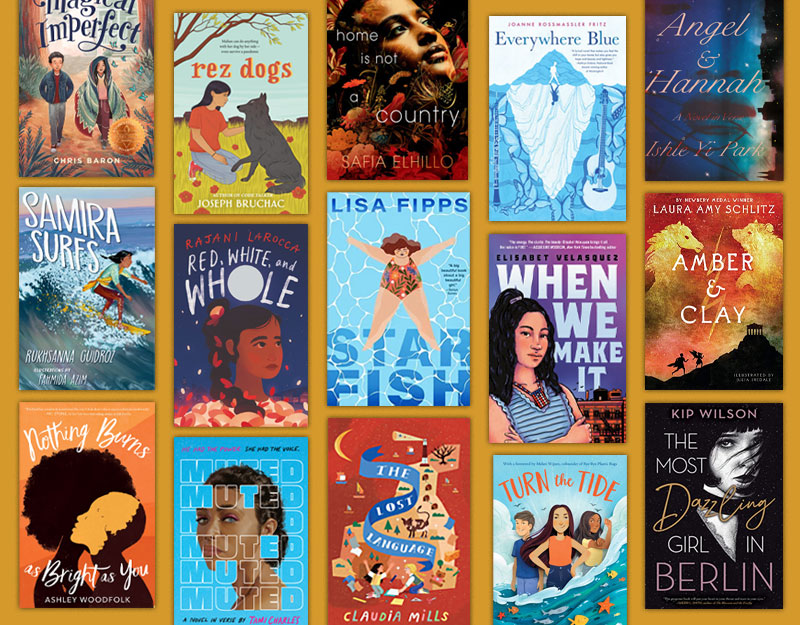On Carrying the Weight of Survivor’s Guilt, a guest post by Deeba Zargarpur

I do not deserve to be here.
This is the mantra that beats steadily in my head as I find myself sitting on the floor of my late grandmother’s home, piecing through the clutter with my mother. There are boxes littered around us. Photos are scattered across my lap—decades clamoring, out of time, on top of one another, screaming for attention. They are the relics of my family history, of a time and place that only exists in faded ink, in paper that tells the story of us.
This is not a normal occurrence, having my mother and I sit in the eye of a hurricane of memories, but nothing about our lives right now is normal. Watching dementia obliterate my grandmother’s memory was not normal. Witnessing my mother and her siblings lose their last living parent as they whispered La ilaha illalah when my grandmother passed was not normal. Existing when my grandmother does not is not normal. Breathing when the anchor that connected time to the soft spot in my mother’s early childhood is not normal.
ADVERTISEMENT
ADVERTISEMENT
I do not deserve to be here wiggles its way back in my head, bringing me back to the here and now, to the clamoring photos, to a smaller box, hidden beneath the decades. A box meant for me.
I open the box.
Inside is a collection of knick-knacks: photos, golden coins, ribbons, and a set of gold earrings.
I pick up the earrings, and without asking, a memory unfurls from my mother’s mind. “These were a gift from my childhood friend in Afghanistan to celebrate your birth,” she recalls. “She is…was my best friend all those years ago.” I nod, pretending it’s the first time I’ve heard this story, because it’s our way of honoring my mother’s friend’s memory.
Later on, I lie awake in my bed, wondering how two starry eyed girls’ lives could diverge so drastically. How opportunity came knocking for my mother as her family whisked her away from war in the 1980s. And how that same opportunity passed over my mother’s friend, who sadly was murdered years later. I lie awake, wondering why opportunity chose one starry eyed girl and not the other. Why opportunity afforded my grandmother a peaceful passing and beautiful burial, while there are so many women in Afghanistan who are not afforded this opportunity, whose bodies are controlled, violated, abused, murdered as they protest for the right to education and free speech and a future.
Their ghosts and these questions and that mantra haunt me. I hear this is called survivor’s guilt, and while I didn’t escape war in the same way my parents and grandparents did, somehow I too inherited the weight of their opportunity, of their grief and of their lost homeland. I also hear this is how trauma is passed down, in small, unintentional little ways. In glances that soften when an Ahmad Zahir song comes on. In sighs that grow louder when I reply back to their questions in English and not Farsi. In cries that carry across oceans when more atrocities are committed by the Taliban, reopening the wound of loss all over again.
In these small ways, I have lived with the effects of war all my life. It’s one of the main reasons why House of Yesterday exists—to try to untangle the ghosts and questions and guilt in an effort to find my way back home. While the story itself isn’t focused on war, it is important to acknowledge and understand the ways in which war ripples and clings to a person, a family. It’s an invisible weight every character in the book carries, but it is especially difficult for my main character, Sara Rahmat, who must come to terms with the cold war that brews between her parents, even if it means shattering the rose colored lens to see her family as they are and not who they used to be.
Sara is not a perfect character, and her pathway to healing is equally imperfect. Her journey, like so many of our journeys, is non-linear. She is caught in what I like to call “the loop”—where she falls back on the self-destructive coping mechanisms that were passed down through the generations, forcing her to make the same mistake over and over again. The repetition is important because it is frustrating. It is frustrating to see people, events, countries cycle through the same loop, to see history repeat itself for my parents’ homeland. It is frustrating to have so many loose ends and non-answers to quiet the ghosts that live in my head and questions like out of so many families, why mine? and that mantra that rings even now.
I don’t deserve to be here.
And maybe I don’t, but maybe, that’s not the point. We cannot choose the circumstances of our lives, the invisible weights we all carry, but we can do something with it. Yes, opportunity came to my family in the form of visas to the United States, but it also came with sacrifice.
I carry that realization every day. I carried it through higher education to make their sacrifice worth it. I carried it through my literacy, through my pen to combat the weight of ghosts and guilt and why me. But also, I carry it for you, if you’re like me, a child born to a family of survivors, struggling with questions that do not have answers.
I hope you know the weight will lift one day. But until then, I hope this book helps you carry it.
Meet the author
DEEBA ZARGARPUR is an Afghan-Uzbek American. She credits her love of literature across various languages to her immigrant parents, whose eerie tales haunted her well into the night. If given the choice, Deeba would spend her days getting lost in spooky towns with nothing but a notebook and eye for adventure to guide her.
Her debut YA novel, “House of Yesterday,” releases from FSG BYR on November 29, 2022. Her debut MG novel, “Farrah Noorzad and the Ring of Fate,” releases from Labyrinth Road in 2024. To learn more about Deeba, find her on her website: https://www.deebazargarpur.com/
Follow Deeba on social media:Twitter: @deebazargarpur | Instagram: @deebazargarpur | TikTok: @deebazargarpur
About House of Yesterday
ADVERTISEMENT
ADVERTISEMENT
Taking inspiration from the author’s own Afghan-Uzbek heritage, this contemporary YA debut is a breathtaking journey into the grief that lingers through generations of immigrant families, and what it means to confront the ghosts of your past.
Struggling to deal with the pain of her parents’ impending divorce, fifteen-year-old Sara is facing a world of unknowns and uncertainties. Unfortunately, the one person she could always lean on when things got hard, her beloved Bibi Jan, has become a mere echo of the grandmother she once was. And so Sara retreats into the family business, hoping a summer working on her mom’s latest home renovation project will provide a distraction from her fracturing world.
But the house holds more than plaster and stone. It holds secrets that have her clinging desperately to the memories of her old life. Secrets that only her Bibi Jan could have untangled. Secrets Sara is powerless to ignore as the dark truths of her family’s history rise in ghostly apparitions — and with it, the realization that as much as she wants to hold onto her old life, nothing will ever be the same.
Told in lush, sweeping prose, this story of secrets, summer, and family sacrifice will chill you to the bone as the house that wraps Sara in warmth of her past becomes the one thing she cannot escape…
ISBN-13: 9780374388706
Publisher: Farrar, Straus and Giroux
Publication date: 11/29/2022
Age Range: 14 – 18 Years
Filed under: Guest Post
About Amanda MacGregor
Amanda MacGregor works in an elementary library, loves dogs, and can be found on Twitter @CiteSomething.
ADVERTISEMENT
ADVERTISEMENT
SLJ Blog Network
Name That LEGO Book Cover! (#53)
Cover Reveal and Q&A: The One and Only Googoosh with Azadeh Westergaard
Exclusive: Vol. 2 of The Weirn Books Is Coming in October | News
Fighting Public School Book Bans with the Civil Rights Act
ADVERTISEMENT







